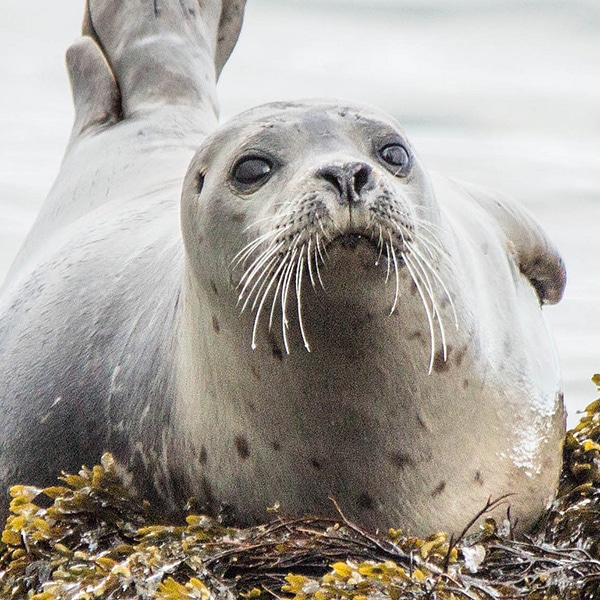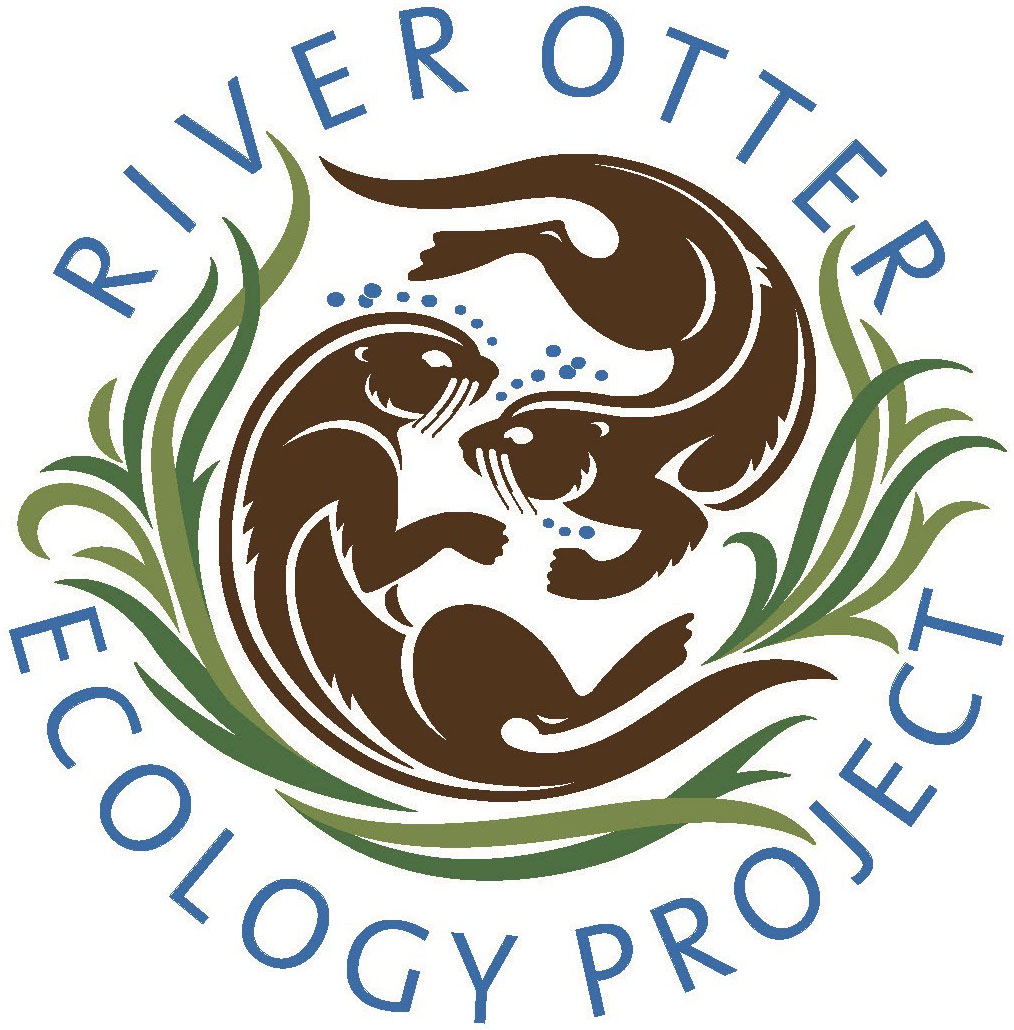Harbor Seal

Harbor seals are frequently seen along the Northern California coast, balancing their spotted, sausage shaped bodies as they sun themselves on small rocks.
Harbor seals have adapted to living in many different habitats including bays, estuaries, freshwater lakes and coastal areas. They often haul out on rocks, sandy or rocky beaches, mudflats, sandbars, piers, buoys, jetties and even ice (in the northern part of their range).
On land, harbor seals are extremely shy and easily disturbed. This is due to the fact that their movements on land are slow and awkward, leaving them vulnerable to predators. However, harbor seals are less shy in the water and are often curious and playful with scuba divers and swimmers.
The harbor seal “pupping”, or breeding, season begins in March, when harbor seals begin to congregate in sheltered coves and quiet beaches. Within a few weeks, mother harbor seals are giving birth and will continue to do so through the first week of May.
Harbor seals are the only seals that nurse and care for their young in both water and on land. Pups are born highly precocial, being able to swim at birth and can dive for as long as two minutes when only a few days old.
Harbor seal pups nurse for a period of 4-6 weeks. Harbor seal mothers are extremely attentive, often carrying their pups piggyback style through the water.
Interactions between mothers and pups are intense and frequent, especially in the pup’s first few days of life. This bonding is critical in the pups’ survival, as a pup’s vocalization is a unique and individually distinctive call, allowing them to be easily located and recognized by their mothers.
While pups are still very small, mothers will leave them tucked away on rocks or beaches while they are out foraging for food.
These pups are often mistaken for abandoned pups and picked up by well meaning people. In most cases, harbor seal pups found on beaches aren’t abandoned. Usually their mothers are nearby foraging for food or watching.
Do not approach or touch harbor seal pups found on the beach. If you or other humans are too close to the pup, the mother will not return to the beach. If you think the pup may be abandoned, injured, or sick, call the Marine Mammal Center at 415-289-SEAL.
Please keep your pets away from baby seals because they can easily fall prey to dogs.
The River Otter Ecology Project is a registered 501 (c)(3) EIN #45-4997526 non-profit organization dedicated to the welfare of river otters and our watershed. We receive no government funding, and depend solely on financial support from our friends. Our organization is not affiliated with any other otter-related research group or community outreach organization.
© 2018 River Otter Ecology Project
Contact
River Otter Ecology Project
PO Box 103
Forest Knolls, CA 94933
General email
